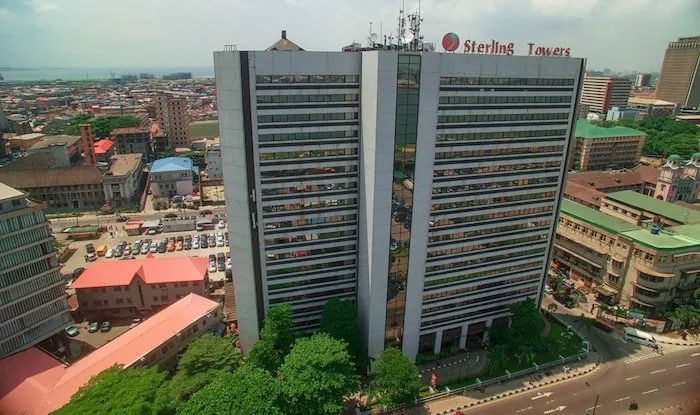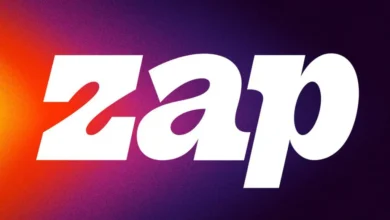Sterling Bank Removes Transfer Fees for Online Transactions

Sterling Bank announced this week the complete removal of transfer fees on all local online transactions, positioning itself as the first major Nigerian financial institution to implement a zero-fee digital transfer policy. The groundbreaking move, which took immediate effect, represents a significant shift in Nigeria’s banking landscape and offers substantial relief to customers grappling with multiple transaction charges.
A New Era in Nigerian Banking
The policy change was formally communicated through a press release on Tuesday, with the bank framing the initiative as a core part of its customer-first philosophy. “This is more than a financial decision—it’s about redefining banking to put customers first,” declared Obinna Ukachukwu, Sterling Bank’s Growth Executive for Consumer and Business Banking. The executive emphasized that the move reflects the bank’s commitment to creating “fair and inclusive banking” where customers can operate in a convenient, cost-effective environment.
Substantial Savings for Customers
Under the new framework, Sterling Bank customers will enjoy completely free transfers for all local transactions conducted through the bank’s mobile application. This development is particularly impactful for:
- Small business owners who conduct frequent transactions
- Individuals sending money to family and friends
- Freelancers and entrepreneurs managing cash flows
- Customers who previously limited transactions due to fee concerns
Industry analysts estimate that frequent users could save between ₦500 to ₦5,000 monthly depending on their transaction volume, a significant amount in Nigeria’s current economic climate marked by inflationary pressures that have eroded purchasing power.
Current Banking Fee Structures in Nigeria
Sterling’s move stands in stark contrast to the prevailing fee structures maintained by other Nigerian banks, which typically charge:
- ₦10 for transfers below ₦5,000
- ₦25 for transfers between ₦5,001 and ₦50,000
- ₦50 for transfers above ₦50,000
Additionally, Nigerian bank customers currently bear several other mandatory charges on digital transactions:
- Stamp Duty: ₦50 on transactions ₦10,000 and above
- VAT: 7.5% applied to transfer fees
- EMTL: ₦50 on electronic transfers ₦10,000+
- USSD Charges: ₦6.98 per transfer via USSD codes
Strategic Positioning in Competitive Market
While presenting the policy as customer-centric rather than competitive, Ukachukwu acknowledged Sterling’s positioning in the market: “We’re not yet the biggest bank in Nigeria, but we’ve been the boldest. Sterling fearlessly believes in the future of Nigeria, and this is us backing Nigerians with more than words.”
The timing of this initiative coincides with Sterling Bank’s recent launch of an electric vehicle charging station in Yaba, Lagos, suggesting a pattern of innovative, customer-focused services designed to differentiate the bank in a crowded marketplace.
ATM Charges Remain Unchanged
While eliminating online transfer fees, Sterling Bank customers will still face existing ATM withdrawal charges recently revised by the Central Bank of Nigeria (CBN). The current ATM fee structure includes:
- On-site withdrawals (same bank): Free
- On-site withdrawals (other banks): ₦100 per ₦20,000
- Off-site withdrawals: ₦100 base charge + up to ₦500 surcharge per ₦20,000
Notably, the CBN has discontinued the previous policy allowing three free monthly withdrawals, meaning all ATM transactions beyond same-bank on-site withdrawals now incur charges.
Industry Implications and Potential Responses
Financial analysts suggest Sterling’s move could pressure other banks to reconsider their fee structures, particularly for digital transactions that have become increasingly vital in Nigeria’s growing cashless economy. However, competitors may be reluctant to sacrifice this revenue stream that contributes to their bottom line.
The policy also raises questions about how Sterling will offset the lost fee income. Potential strategies could include:
- Increased customer acquisition and retention
- Higher deposit volumes
- Cross-selling of other financial products
- Operational efficiencies in digital banking
Customer Reactions and Market Impact
Early responses from Sterling Bank customers have been overwhelmingly positive across social media platforms, with many praising the bank for taking tangible steps to reduce banking costs. Small business owners in particular have welcomed the development, noting that frequent transactions previously ate significantly into their operating budgets.
As Nigeria’s banking sector continues to evolve in the digital age, Sterling’s bold move may be remembered as a watershed moment that forced the industry to reevaluate how it balances revenue generation with customer satisfaction in an increasingly competitive and cost-sensitive market.



